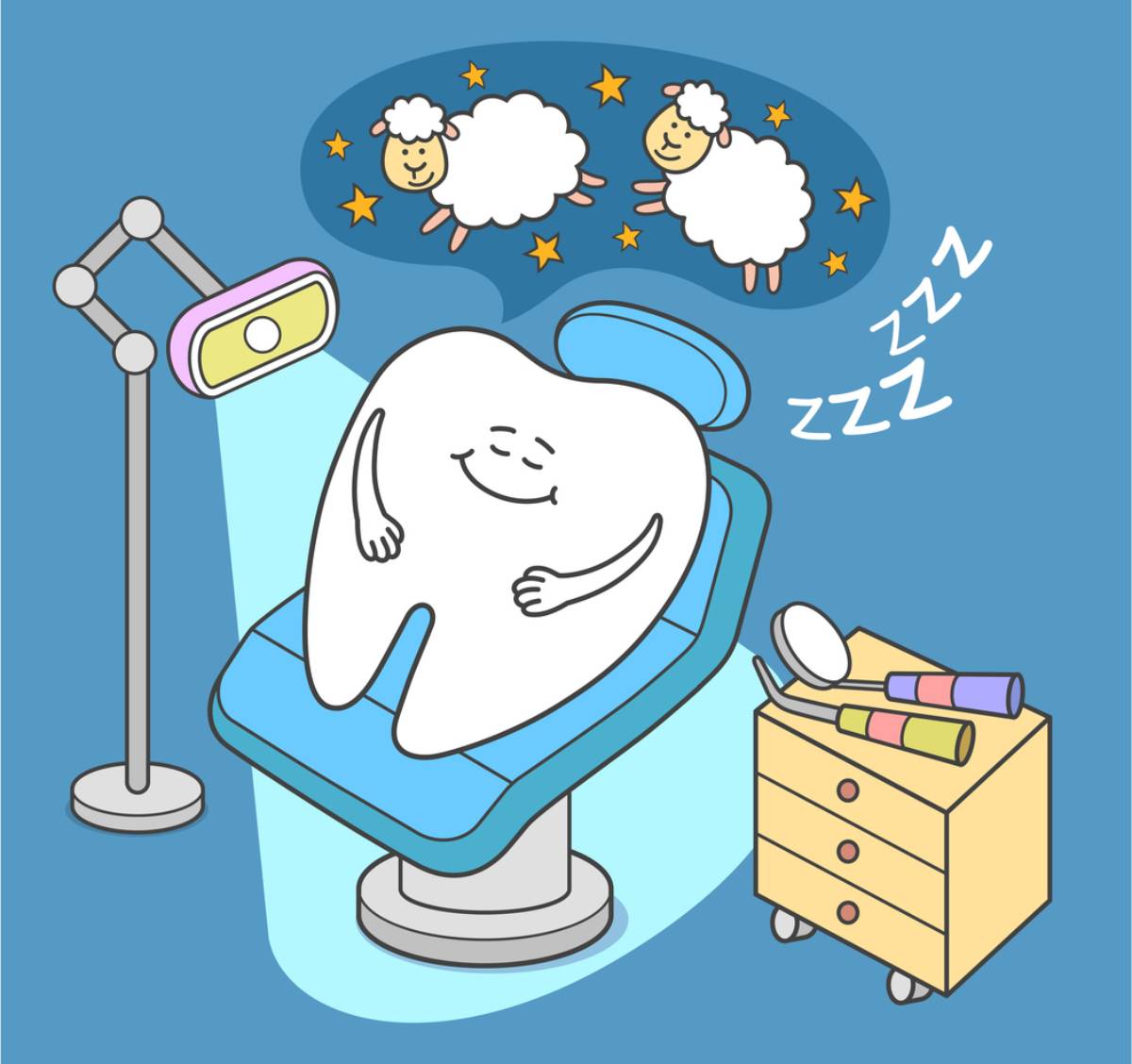Wisdom teeth removal can be scary for some people as it is an invasive surgical procedure that can be quite painful if no anesthetic is used. Thankfully, in modern dentistry there are plenty of reliable methods available to relieve the patient of the pain, making the wisdom teeth remove quite tolerable, if not completely painless. In this article we will compare general anesthesia vs local anesthetic for wisdom teeth removal.
General Anesthesia vs Local Anesthetic for Wisdom Teeth Removal
The main difference between general anesthesia versus local anesthetic is whether or not you are awake during the procedure.
General Anesthesia
General anesthesia means that the patient will be unconscious (asleep) during the procedure. The advantage of this type of anesthesia is that the body of the patient is completely still, removing the risk of the patient moving or twitching at the appropriate moment. It can be especially important for your dentist if the procedure of wisdom teeth removal is complicated due to, for example, the position of the teeth.
General anesthesia comes in the form of an IV or inhalational anesthetics. Nowadays, general anesthesia is safe for patients in most cases. However, there are certain health related factors that can make this method undesirable.
Also, the patient must be allowed some time to become fully awake after the procedure. Some drowsiness can persist for a couple of hours, and it is not recommended to drive right after the surgery. Make sure to ask someone to pick you up at the dental office and drive you home.
Local Anesthetic
Local anesthetic typically comes in the form of an injection in the gum area where the tooth is located. In most cases, the injection itself is quick and not very painful. However, some patients might still be anxious about it. In this case, a topical anesthetic might be applied to the gum to make the needle injection less painful.
Local anesthetic injection completely numbs all the sensations in the area, but the patient stays fully awake and conscious. You will most likely not feel anything during the procedure of wisdom teeth removal except for the dentist “touching” your teeth and gums, when using local anesthetic. If you still feel pain during the procedure, your dentist can add some more anesthetic.
Local anesthetic can be a preferred option, as it excludes any potential health risks and unnecessarily straining your body that might be caused by general anesthesia.
Local anesthetic does not impact the ability to complete your usual tasks after the procedure. Typically, you can drive a car and return to your normal activities right away. However, it is recommended to avoid strenuous physical activities after wisdom teeth removal in general to allow your gums to heal properly.
Factors That Influence the Choice Between General Anesthesia vs Local Anesthetic
The choice between these two types of anesthesia for wisdom teeth removal can depend on several factors:
1. The difficulty of the case.
Some procedures of wisdom teeth removal are relatively easy and can take no more than several minutes from beginning to end. In some cases, waiting for the anesthetic to take effect can be the longest part of the procedure. In simple cases there is typically no need for general anesthesia, and local anesthetic is completely sufficient.
However, in some other cases, wisdom teeth can be impacted (fully covered with a gum or even be positioned in the bone), or their roots can be irregularly shaped or located near an important nerve. If the case is complicated, the surgery is likely to take a long time or requires complete immobility of the patient, your doctor might suggest general anesthesia.
2. General health condition
Some health conditions can make general anesthesia too risky or altogether impossible. Before making a decision, your dentist can refer you to a heart check-up and carefully examine your medical history. If general anesthesia can not be used, the option of local anesthetic remains.
3. Presence of dental treatment anxiety
Severe cases of dental anxiety might prove the procedure of wisdom teeth removal impossible while the patient is awake. Make sure to notify your dentist ahead of time if you suffer from dental anxiety.
4. Available budget
Typically, removing wisdom teeth under general anesthesia can be up to 50% more expensive than under local anesthetic. On top of that, some insurance plans cover only local anesthetics. Make sure to discuss the budget and insurance coverage with your dentist before making a decision.
Make an Appointment Today
Dentists at OC Dental Specialist clinic will carefully examine your case and circumstances and suggest the best option for wisdom teeth removal. Do not hesitate to make an appointment at our office to receive a thorough consultation and the high quality services of wisdom teeth removal. We are looking forward to helping you ensure your oral and dental health.

